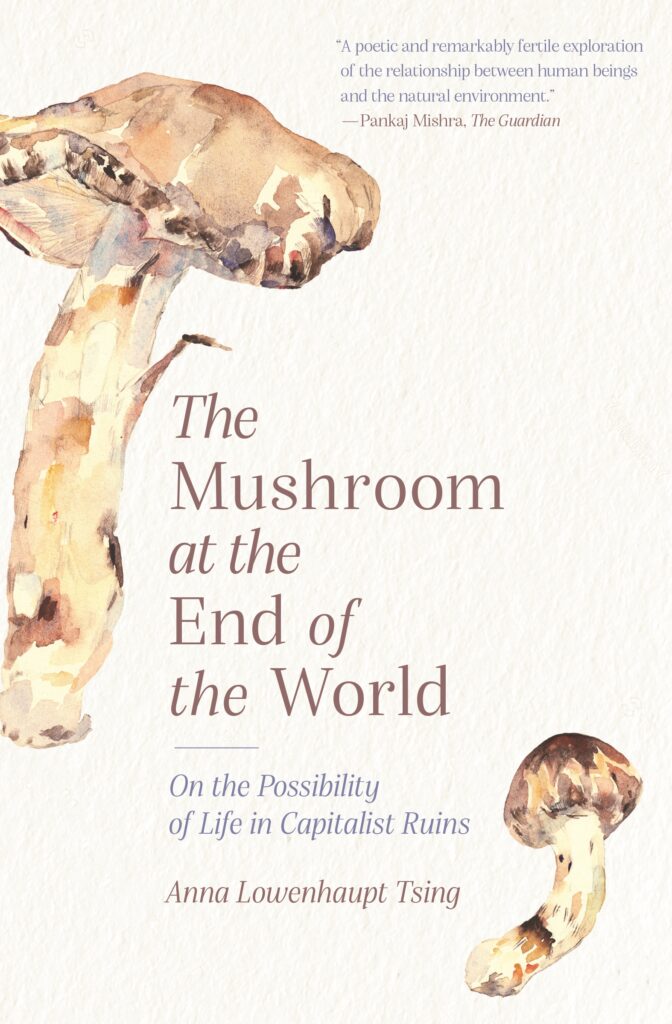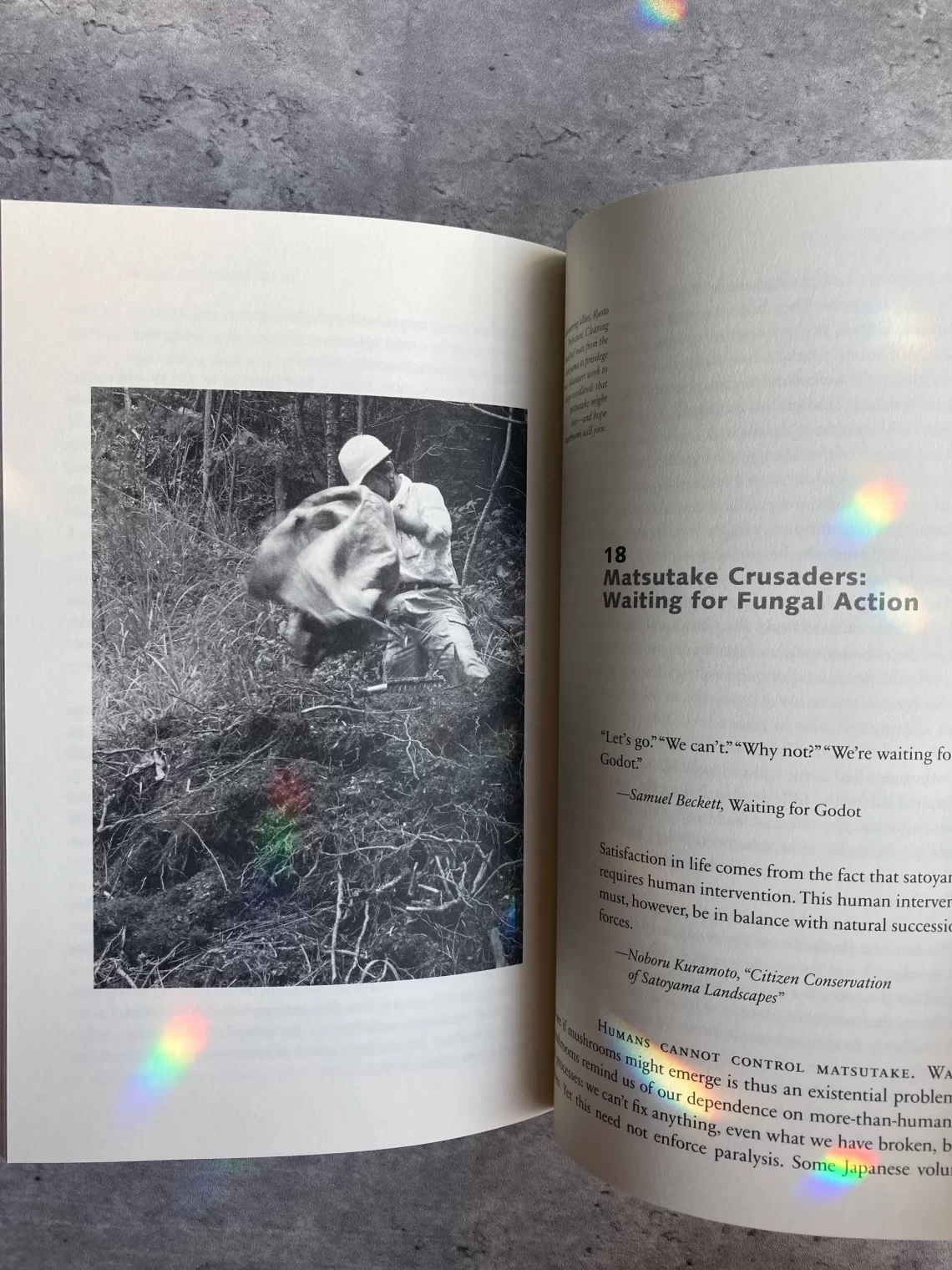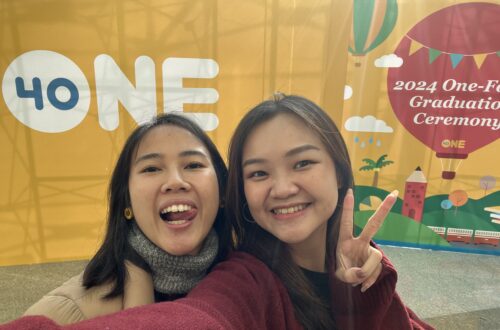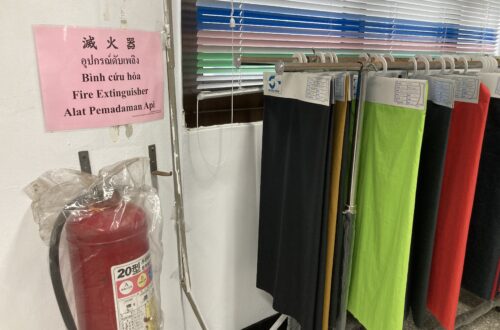There was a lag between the previous post and this one, and honestly, I am not really sure what to write today, despite having learned so much on the job this week. What I have found so far from my interviews with different CSOs are the following:
Big organisations: diaspora, migrant workers, students
The IDN Global is definitely a key player in establishing connections and networks across countries, cultures, and citizenship/migration statuses. They have the objective of promoting the dual citizenship policy. This goal helps establish formal and informal networks with Indonesians of all backgrounds. However, when it comes to crisis preparedness, the migrant worker networks are the most experienced. Because migrant associations have had to fight for workers’ rights (historically labour unions played an important role in Indonesia’s independence from the Dutch colonial rule). Unionized workers and family members support one another across countries to deal with cases of human rights abuses that are overlooked by the Indonesian government and overseas governments. The networks are wide and varied. Migrant Forum Asia connects different organisations, including the union SMBI, nonprofit Migrant Care, and domestic workers association in Malaysia (PERTIMIG). They are the ones who know of human trafficking cases because family members can report directly to the local offices in their respective villages/districts in Indonesia. On the other hand, student associations (PPI) connect Indonesian students abroad. They are less connected to what is happening to student organisations in other countries, but they create strong associations with some faith-based CSOs in Indonesia such as the Nahdlatul Ulama and the Muhammadiyah groups, the largest Muslim organisations in Indonesia. As such, they can leverage support from their headquarters in Indonesia, or access support from the PPI Dunia (World Indonesian Student Association) network.
The complexity of migrant workers’ issues
What are the conditions of their employment contracts? There are specific conditions that make domestic workers, plantation workers, factory workers, and those working in sea-based sectors more vulnerable to crises. One of the main contributors is isolation. Remote workplaces are hard to reach while working in one’s employer’s house can limit one’s freedom of movement. Then there are regulations-related complications when workers are contracted (whether legally or not) to remain over 4 decades, such are the cases of workers in Malaysia. Can they return to Indonesia? Not always. It could be the contract, it could be what’s there back home – I have been in and out of Indonesia for a decade and the changes to Bandung always bemuse me. What about 4 decades when you barely had the chance to visit home? Where do they belong now? What about their children? They can’t acquire Malaysian citizenship, but they have never lived in Indonesia or known Indonesia as their country. That’s one social and psychological aspect. There is also physical risk, especially for men working in plantations and the sea. An informant told me that they are more likely to die young – and holding a funeral and sending their bodies home are oftentimes beyond their family’s financial means. Illnesses are hard to treat, too.
This reminds me of Anna Lowenhaupt Tsing’s study of capitalism through the matsutake mushroom.
Imagining the human since the rise of capitalism entangles us with ideas of progress and with the spread of techniques of alienation that turn both humans and other beings into resources. Such techniques have segregated humans and policed identities, obscuring collaborative survival.
― Anna Lowenhaupt Tsing, The Mushroom at the End of the World: On the Possibility of Life in Capitalist Ruins
Collaborative survival…what does that look like?

Discover more from Elhana S.
Subscribe to get the latest posts sent to your email.






vaidebet on mobile…convenient, but how’s the app? Does it eat your battery or lag like crazy? More importantly, is it secure? Let me know! vaidebetmobile
Ok, I’m officially obsessed with blazw. The graphics are amazing, and the gameplay is so smooth!
Yo, just checked out phmacaoslot! Seems like a decent place to spin some reels. Hopefully the payouts are good! Check it out here: phmacaoslot
Looking for the playtime download? Found it! Seems like a fun way to kill some time. Grab it here: playtime download